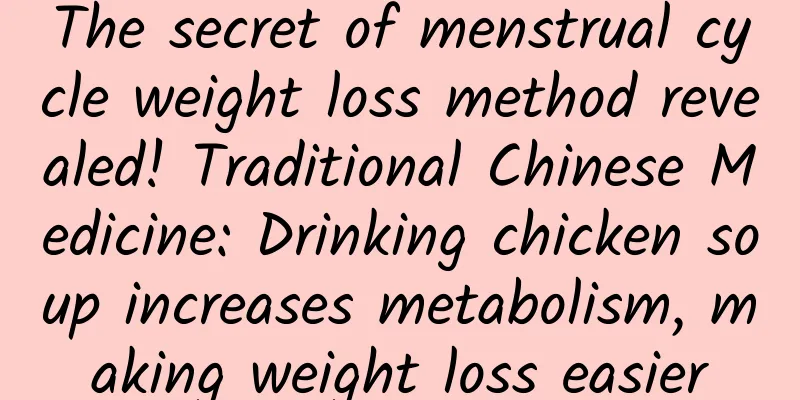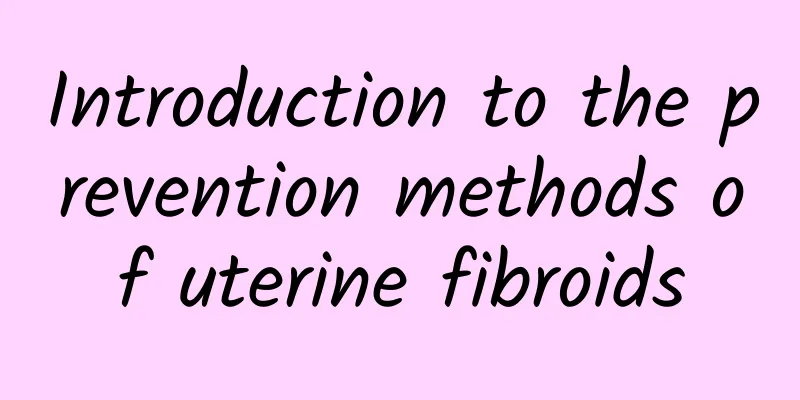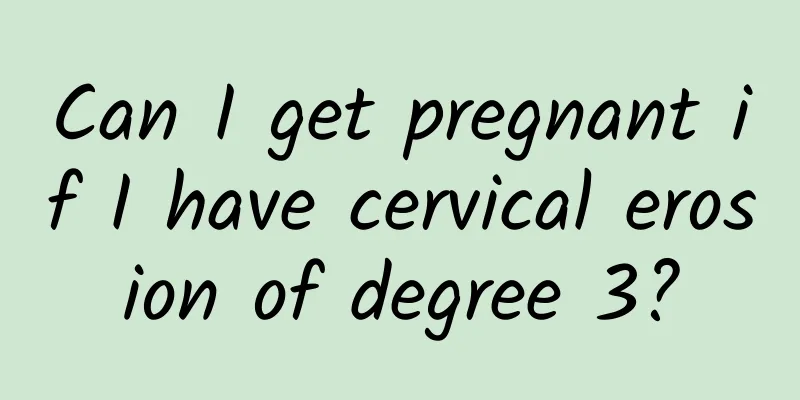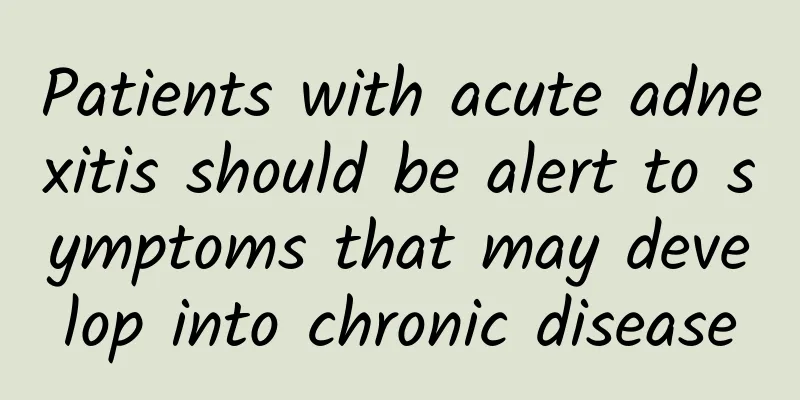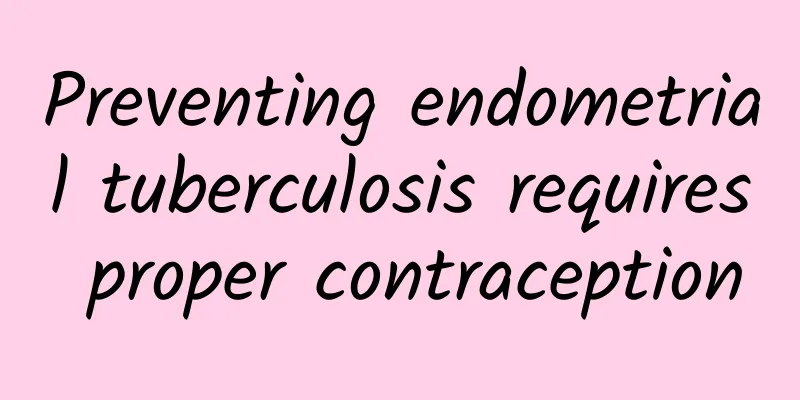What can't you eat if you have uterine fibroids? What can't you eat if you have endometrial polyps?

|
What can't you eat if you have uterine fibroids? What can't you eat if you have endometrial polyps? Uterine fibroids and endometrial polyps are common gynecological diseases, both of which can cause trouble to patients' lives. Diet is one of the important factors affecting physical health, so what are the taboos in the daily diet of patients with uterine fibroids and endometrial polyps? Patients with uterine fibroids should avoid or consume certain foods in small amounts. Patients should try to avoid foods and drinks containing caffeine, such as coffee, tea, and cola. This is because caffeine stimulates the contraction of the uterine muscles and worsens the condition. Patients should eat less or no overly spicy foods, such as chili peppers, peppercorns, and ginger. Spicy foods can irritate the uterine muscles and cause more pain and bleeding. Patients should also limit their intake of fat and cholesterol, and try to eat less high-fat foods such as fatty meat, fried foods, and cream. This is because fat and cholesterol can increase the patient's weight and worsen the growth and condition of uterine fibroids. Patients with endometrial polyps also need to pay attention to some things in their diet. Patients should try to avoid spicy foods such as chili peppers, ginger and peppercorns, because these foods can irritate the endometrium and cause bleeding and pain. Patients should also eat less or no fried foods, because fried foods produce carcinogens, which are not conducive to the treatment of endometrial polyps. Patients should also try to avoid cold foods, such as ice cream, cold drinks and cold fruits. Cold foods can cause the endometrium to contract, aggravating bleeding and pain. Popular science about what you can't eat if you have uterine fibroids Patients with uterine fibroids need to pay special attention to the intake of certain foods in their daily diet. Patients should try to avoid consuming foods and drinks containing caffeine, such as coffee, tea, and cola. Patients should also eat less or no spicy food, and limit the intake of fat and cholesterol. These foods can stimulate uterine muscles and aggravate symptoms, affecting the treatment effect. Patients can also eat more fiber-rich foods, such as fruits, vegetables, and whole grains. Fiber can promote excretion, prevent constipation and the absorption of intestinal toxins, and help control the growth of uterine fibroids. Patients with uterine fibroids and endometrial polyps need to pay attention to some taboos in their daily diet. Dietary adjustments can alleviate symptoms and control the progression of the disease, which is very important for treatment. Therefore, patients should arrange their diet reasonably, follow the doctor's advice, and communicate and review with the doctor regularly to obtain better treatment results. |
<<: What is malignant uterine fibroids? What is malignant uterine fibroids?
Recommend
How to care for cervical hypertrophy
Cervical hypertrophy requires a combination of da...
Can you eat pineapple during menstruation? Ladies, please read this carefully
As we all know, there are many taboos on food for...
What medicine should I take for endometrial tuberculosis
The most common treatment for endometrial tubercu...
Childhood obesity is related to mothers' "lack of this one action"! Nutritionist Cheng Hanyu teaches how to serve food in 30 minutes
Childhood obesity is closely related to diet, esp...
How to judge uterine prolapse and what to do
Uterine prolapse refers to a disease in which the...
What are the symptoms of uterine fibroids? What causes uterine fibroids?
What are the symptoms of uterine fibroids? What c...
What are the possible dangers after abortion?
Experts point out that painless abortion is very ...
Do you know the symptoms of cervical hypertrophy?
Cervical hypertrophy is a type of chronic cervici...
What should I do if I am pregnant and I am diagnosed with uterine fibroids?
Uterine bleeding is the main symptom of uterine f...
Experts introduce the diagnostic basis of primary dysmenorrhea
Clinically, dysmenorrhea is divided into primary ...
Losing too much weight will cause your intestines to become cold! 3-point KO intestinal stress
When the temperature is low, we may catch a cold,...
Acute and chronic adnexitis
Adnexitis can be divided into acute and chronic a...
A must-read for fitness newbies, don’t go wrong in losing fat and losing weight! Understand the difference between low-intensity and high-intensity exercise, and choose the right one to be effective
Most people hope to make themselves fitter and mo...
What to do if you are pregnant with grade 2 cervical precancerous lesions
Pregnant women are a special group of people. Wom...
Have those who eat out been “awakened to the vegetarian trend”? A rainbow fruit and vegetable diet not only prevents colorectal cancer, but also has these unexpected benefits
1/11 is "World Vegetarian Awareness Day"...
